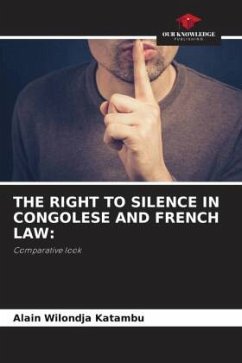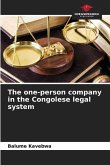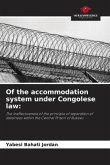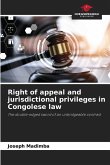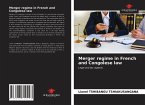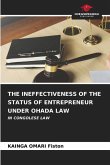The right to remain silent during a proceeding is today unanimously recognized by the law of democratic States as a component of the presumption of innocence. However, depending on the legal system, whether continental or common law, this recognition has been more or less long-lasting and the legal regime applied to this right remains variable, depending on the time and the State, because of the fears it inspires in relation to the establishment of the truth and the results of repression. The comparison of penal systems makes it possible to highlight the ambiguity of these systems as soon as they give pride of place to the confession. The dialectic between the search for a confession and the respect of the right to silence dominates criminal procedure today, whatever the legal family. But it is probably Romano-Germanic law that presents the greatest difficulties in this situation, since the inquisitorial procedure favours the search for a confession to the detriment of the right to silence.

